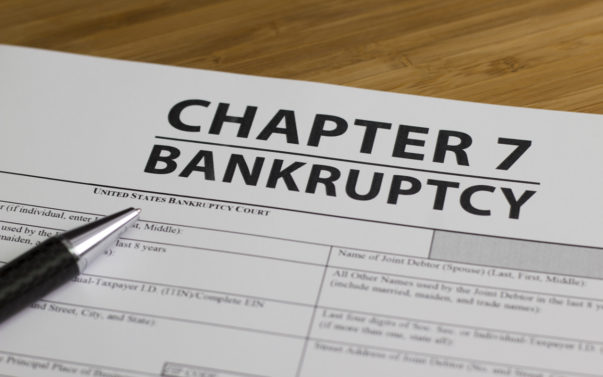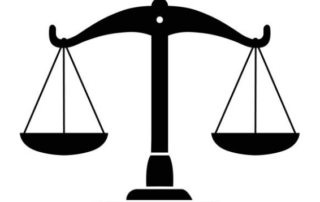Get Access to Justice Today
Stop worrying about your future and stressing about your financial situation by contacting our law firm for a free consultation to understand your legal rights immediately. Wajda & Associates and our staff are here to guide you through the process with the least amount of stress possible. We can put an end to the financial burden from secure and unsecure debt while helping to also stop any creditor harassment.
Not only will we make the calls stop… if they continue we will sue them on your behalf to collect damages if they have violated the law in an attempt to collect a debt.
Why Choose Us
We bring you immediate access to legal advice to eliminate your debt
CONVENIENCE
24/7 smooth and hassle-freeCONVENIENCE
24/7 smooth and hassle-free communication from anywhere and anytime
SIMPLICITY
Jargon-free, clear-cut processSIMPLICITY
Jargon-free, clear-cut processAFFORDABILITY
Easy plans to suit your budgetAFFORDABILITY
Easy plans to suit your budget
Watch our Videos to Help Guide you and Learn about the Bankruptcy Process
Our videos discuss how we help good people that might have been caught in and unfortunate situation get the fresh start and financial relief they need. We can help to stop any creditor harassment including phone calls, letters, wage garnishment, judgments, eviction, foreclosure and more. Contact one of our staff today for a free consultation and get started on the path to financial freedom.

Our Success Stories
These are real yelp and Google reviews from REAL clients!

They made a difficult matter much easier because we never, not once, had to spend any time stressing out over anything. Absolutely amazing experience!

The speed in which we got a reply from them when we had a question or concern was just amazing. I got everything done without any hassle. The other firms I spoke with wanted me to come in to the office and pressured me to work with them for almost twice the cost. Super efficient and highly recommend.

Their service reminded me of the old days when people took pride in their work. It was amazing and if you are scared or concerned about your credit score or because you think bankruptcy is going to ruin your financial future DON’T WORRY! My score increased and I got credit and back on my feet in no time!









